What to Do When a Tree Falls on Your Car: How to Handle the Situation and Use Insurance for Repairs in the US
Accidents involving falling trees can cause significant damage to your vehicle and create a stressful situation. Knowing how to handle the situation, ensuring safety, and effectively using your insurance coverage for repairs are crucial steps.
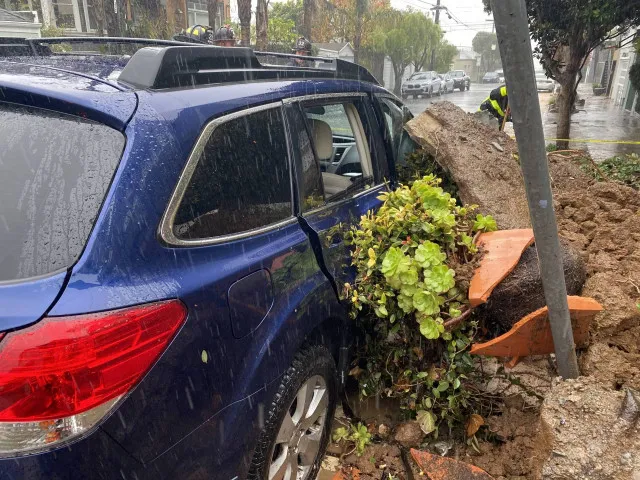
This guide will provide you with a clear plan of action if a tree falls on your car, how to escape safely, and how to utilize your insurance for vehicle repairs in the US.
1. Ensuring Safety First
1.1. Assess the Situation Immediately check if you or anyone else in the vehicle is injured. If there are injuries, call 911 right away for medical assistance. If there are no injuries but the car is in a dangerous position (e.g., partially blocking the road), make sure to move to a safe location if possible.
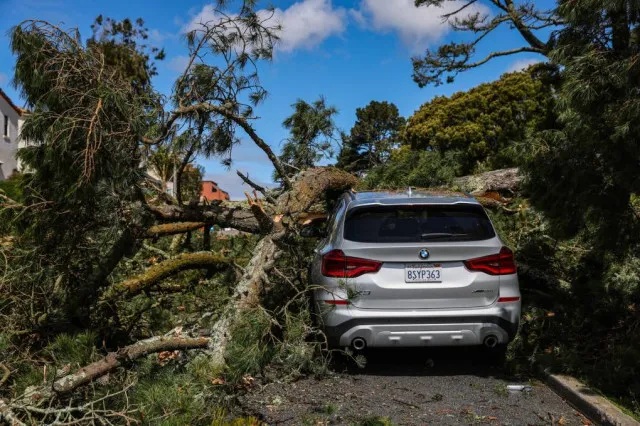
1.2. Avoid Further Risks Do not attempt to move the vehicle if it is unstable or could cause further damage. Maintain a safe distance from the vehicle, especially if the fallen tree or debris could pose additional risks.
2. Documenting the Damage
2.1. Take Photos Use your smartphone or camera to take detailed photos of the damage to your car and the fallen tree. Ensure you capture multiple angles to provide a comprehensive view of the damage. This documentation will be essential for your insurance claim.
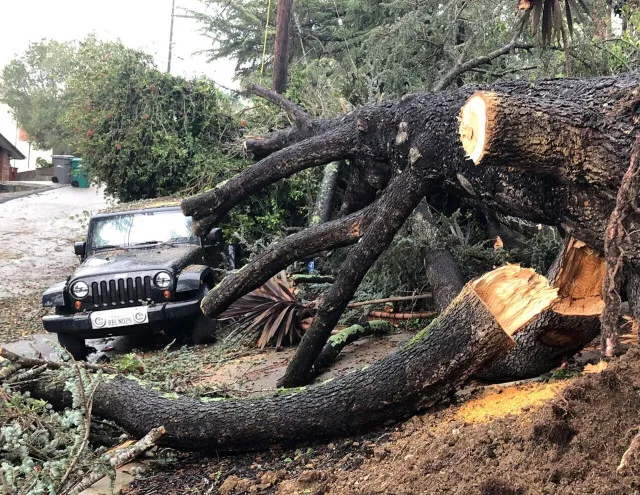
2.2. Gather Witness Information If there were any witnesses to the incident, collect their contact information. Witness statements can be useful in supporting your account of the accident.
3. Contacting Your Insurance Company
3.1. Report the Incident Notify your insurance company about the incident as soon as possible. Most insurance companies have a 24/7 claims hotline. Provide them with details of the incident, including photos and witness information.
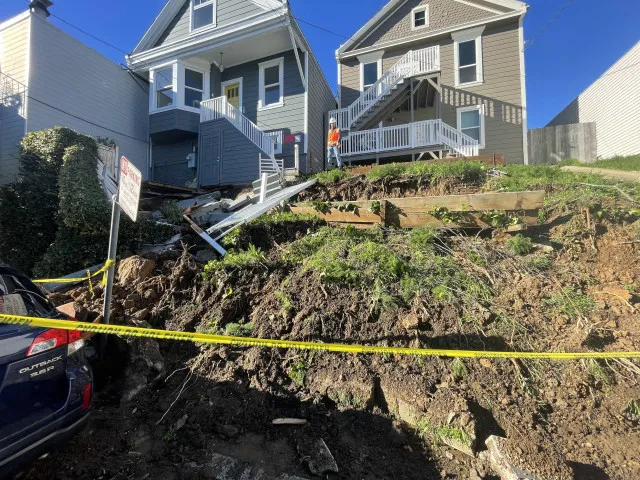
3.2. Understand Your Coverage Review your auto insurance policy to understand what is covered. Comprehensive coverage typically includes damage from falling objects like trees. Check your deductible and any specific requirements for filing a claim.
4. Working with the Insurance Adjuster
4.1. Schedule an Inspection The insurance company will send an adjuster to inspect the damage. Be present during the inspection to ensure all damage is accurately noted. The adjuster will assess the extent of the damage and provide an estimate for repairs.
4.2. Review the Repair Estimate Once you receive the estimate, review it carefully. If you believe the estimate is too low, you can negotiate with the insurance company or seek a second opinion from another repair shop.
5. Getting Your Vehicle Repaired
5.1. Choose a Repair Shop Select a reputable repair shop to carry out the repairs. Some insurance companies have preferred repair shops, but you have the right to choose your own. Ensure that the repair shop is certified and offers a warranty on their work.
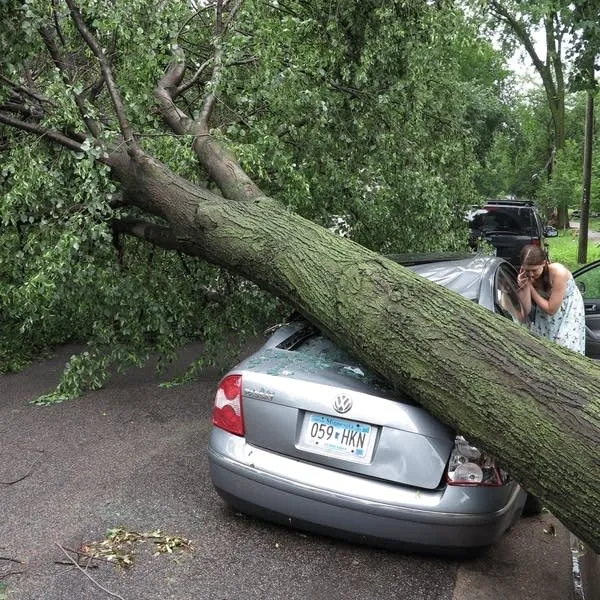
5.2. Keep Records Maintain records of all repair-related documents, including invoices, receipts, and any correspondence with the insurance company. This documentation is important for tracking your claim and ensuring you receive the proper compensation.
6. Following Up
6.1. Verify Repairs After repairs are completed, inspect your vehicle to ensure that all damage has been addressed satisfactorily. If you notice any issues, bring them to the attention of the repair shop and your insurance company.
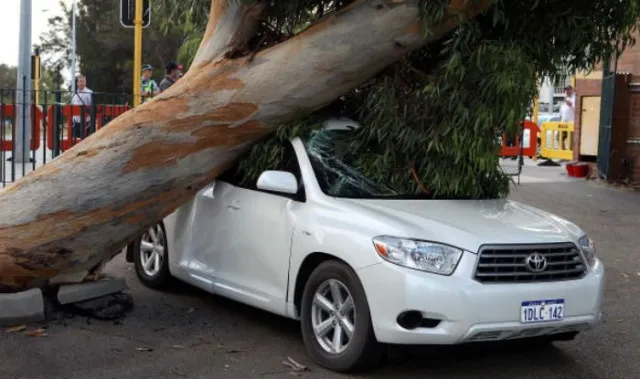
6.2. Reflect on Safety Measures Consider taking measures to prevent similar incidents in the future, such as regularly checking the condition of trees near your property or ensuring that your vehicle is parked in a safe area.
Conclusion
Dealing with a situation where a tree falls on your car can be stressful, but knowing the correct steps to take can help you manage the aftermath more effectively.
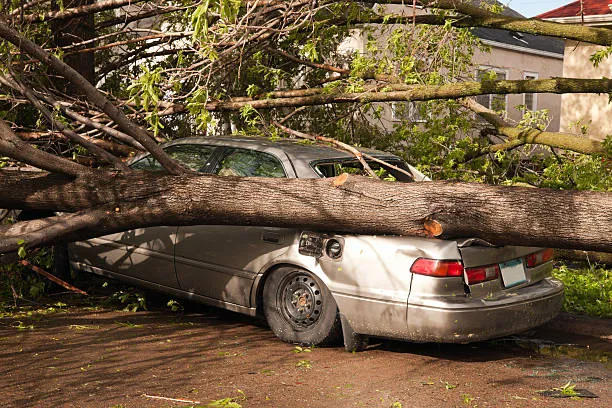
Prioritize safety, document the damage thoroughly, and work closely with your insurance company to ensure that you receive the necessary support for repairs. By following these guidelines, you can navigate the situation with confidence and minimize the impact on your life.